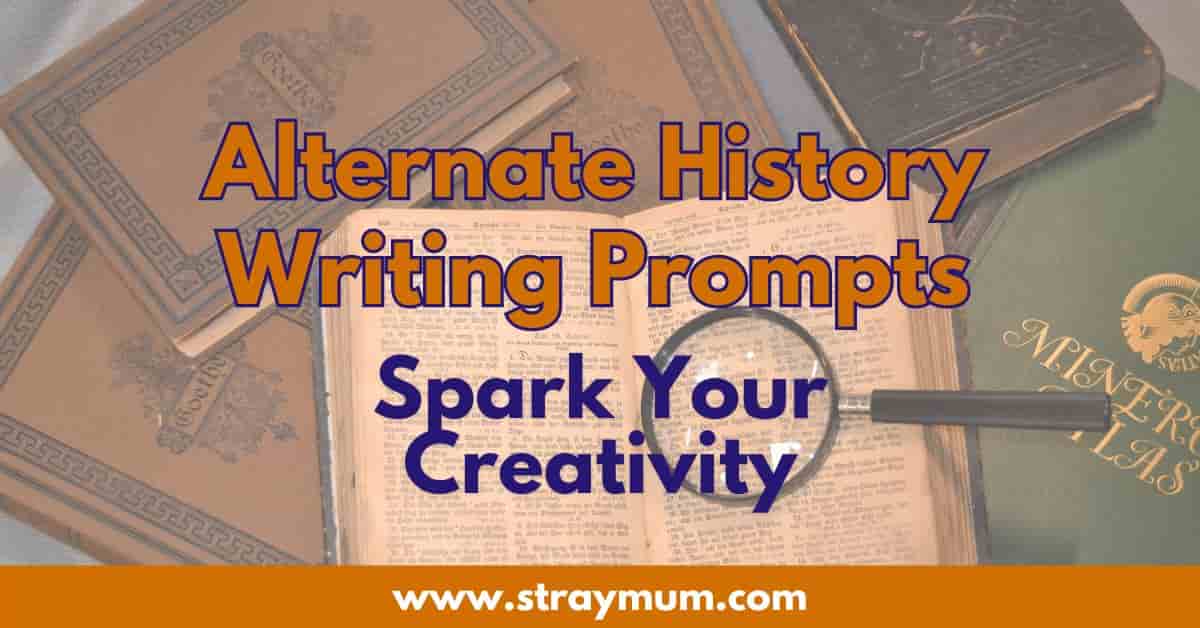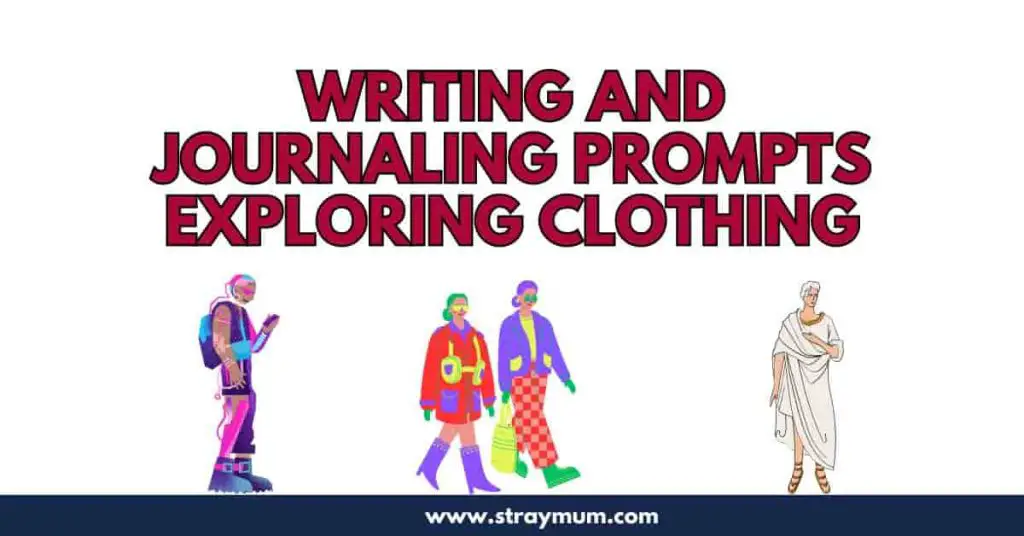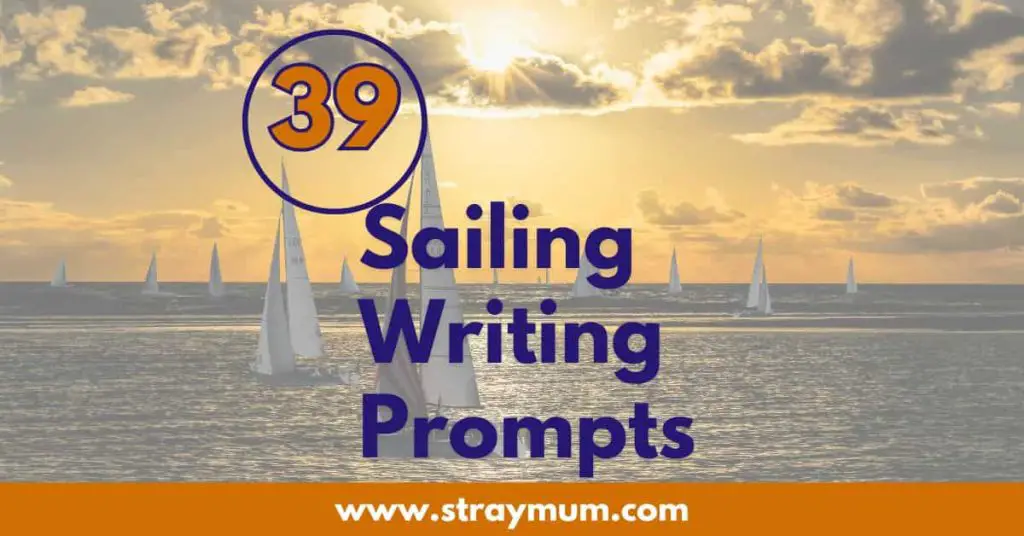Alternate History Writing Prompts

Alternate history writing prompts is a fascinating genre that allows writers to explore “what if” scenarios by changing key historical events. This genre invites creativity, deep research, and the reimagining of worlds that could have been. Whether you’re a seasoned writer or just beginning, these alternate history writing prompts will spark your imagination and challenge your perception of the past.
What is Alternate History?
Alternate history, also known as counterfactual history, involves changing a significant historical event and exploring how this difference could reshape the world. The genre often delves into the political, cultural, and technological ramifications of these altered events, providing rich ground for storytelling.
Using alternate history writing prompts isn’t just about changing dates or outcomes; it requires a deep understanding of the era you’re altering. The best stories are rooted in real history, with plausible scenarios that could lead to your imagined world.
Why Alternate History Writing Prompts?
Writing alternate history allows you to:
- Explore ‘What If’ Scenarios: Delve into pivotal moments in history and imagine how different choices or outcomes could have shaped the world.
- Challenge Historical Assumptions: Question commonly accepted historical narratives and offer new perspectives on familiar events.
- Blend Fact and Fiction: Combine rigorous research with creative storytelling, making history accessible and engaging for readers.
- Create Compelling Characters: Place real or fictional characters in unfamiliar contexts, revealing new facets of their personalities and decisions.
How to Approach Alternate History Writing
When crafting alternate history, it’s essential to strike a balance between historical accuracy and creative liberty. Here are some tips to get started:
1. Identify a Pivotal Moment
The foundation of alternate history lies in identifying a key event to change. Look for moments that had significant impacts on history, such as:
- Major battles (e.g., The Battle of Hastings)
- Political decisions (e.g., The signing of the Magna Carta)
- Scientific discoveries (e.g., The Industrial Revolution)
2. Consider the Ripple Effect
Once you’ve altered a historical event, think about the ripple effects it would have on the world. This isn’t just about the immediate consequences but the long-term changes in society, culture, politics, and technology.
For example:
- If the Roman Empire had never fallen, how would modern Europe look today?
- What if the Industrial Revolution had started in China instead of Britain?
3. Ground Your Story in Research
While creativity is vital, the best alternate history stories are grounded in thorough research. Readers should feel like your world, no matter how different, is plausible. Dive into historical records, biographies, and academic papers to ensure your story’s foundation is solid.
4. Develop Authentic Characters
Characters are central to any story, and alternate history is no exception. Your characters should reflect the time period, even if their world has changed. Consider how different circumstances might shape their motivations, relationships, and decisions.
Unique Alternate History Writing Prompts
If you’re ready to start writing, here are some alternate history writing prompts that will inspire you to reimagine the past:
1. The Roman Empire Never Falls
- Scenario: The Roman Empire, instead of collapsing, evolves into a technologically advanced superpower that dominates the world for centuries.
- Potential Storylines: Explore how Roman culture, politics, and technology might influence the modern world. Would democracy survive, or would imperial rule prevail?
2. The Black Death Spares Europe
- Scenario: The Black Death, one of the deadliest pandemics in history, somehow skips over Europe entirely.
- Potential Storylines: Consider how the absence of this devastating plague would affect population growth, social structures, and the development of the Renaissance.
3. The Spanish Armada Triumphs
- Scenario: In 1588, the Spanish Armada successfully invades England, leading to Spanish dominance in Europe and the New World.
- Potential Storylines: Explore how England’s culture and language might be different under Spanish rule. What impact would this have on the colonisation of the Americas?
4. Einstein Never Leaves Germany
- Scenario: Albert Einstein decides to stay in Germany instead of emigrating to the United States during the rise of the Nazis.
- Potential Storylines: How does this decision affect the development of nuclear weapons and World War II? Does the outcome of the war change?
5. The American Civil War Ends in Stalemate
- Scenario: The American Civil War ends without a clear victor, leading to the creation of two separate nations on the North American continent.
- Potential Storylines: Explore the political tensions, economic differences, and cultural divides between the Confederate States of America and the United States.
6. The British Empire Retains Control of the American Colonies
- Scenario: The American Revolution fails, and the thirteen colonies remain part of the British Empire.
- Potential Storylines: How does this affect the development of the British Empire and the global balance of power? Does the concept of freedom and democracy evolve differently?
7. The Berlin Wall Never Falls
- Scenario: The Berlin Wall remains intact, and East and West Germany continue to exist as separate nations well into the 21st century.
- Potential Storylines: Consider the technological and cultural differences between the two Germanys. How does this impact European and global politics?
8. Catherine the Great Conquers Europe
- Scenario: Catherine the Great of Russia embarks on a campaign to conquer Europe, establishing a vast Russian Empire.
- Potential Storylines: Imagine a Europe unified under Russian rule. How does Russian culture spread, and what are the consequences for the rest of the world?
9. The Space Race Never Ends
- Scenario: The United States and the Soviet Union continue their rivalry in space exploration, leading to colonisation efforts on the Moon and Mars.
- Potential Storylines: Explore the challenges of space colonisation, the political tensions of space warfare, and the cultural implications of living on other planets.
10. The Internet is Invented in the 19th Century
- Scenario: A visionary inventor creates a rudimentary version of the internet in the late 1800s.
- Potential Storylines: How does this early internet change communication, business, and society in the Victorian era? What impact does it have on future technological developments?
Conclusion
Alternate history is a powerful tool for writers to reimagine the world and challenge conventional historical narratives. By altering key events, you can create stories that are both engaging and thought-provoking. Whether you’re exploring the dominance of an empire, the survival of a plague, or the implications of an early internet, these writing prompts provide a rich foundation for your creativity.
Dive into the past, change the future, and let your imagination run wild.



